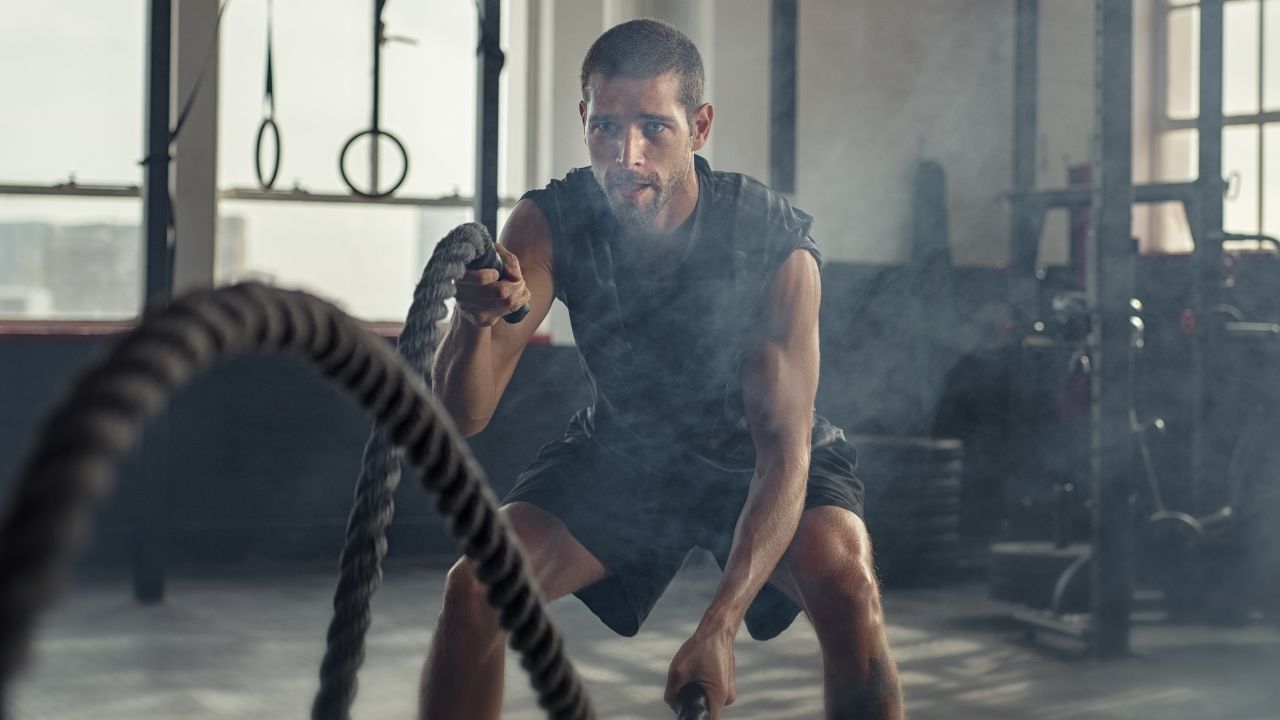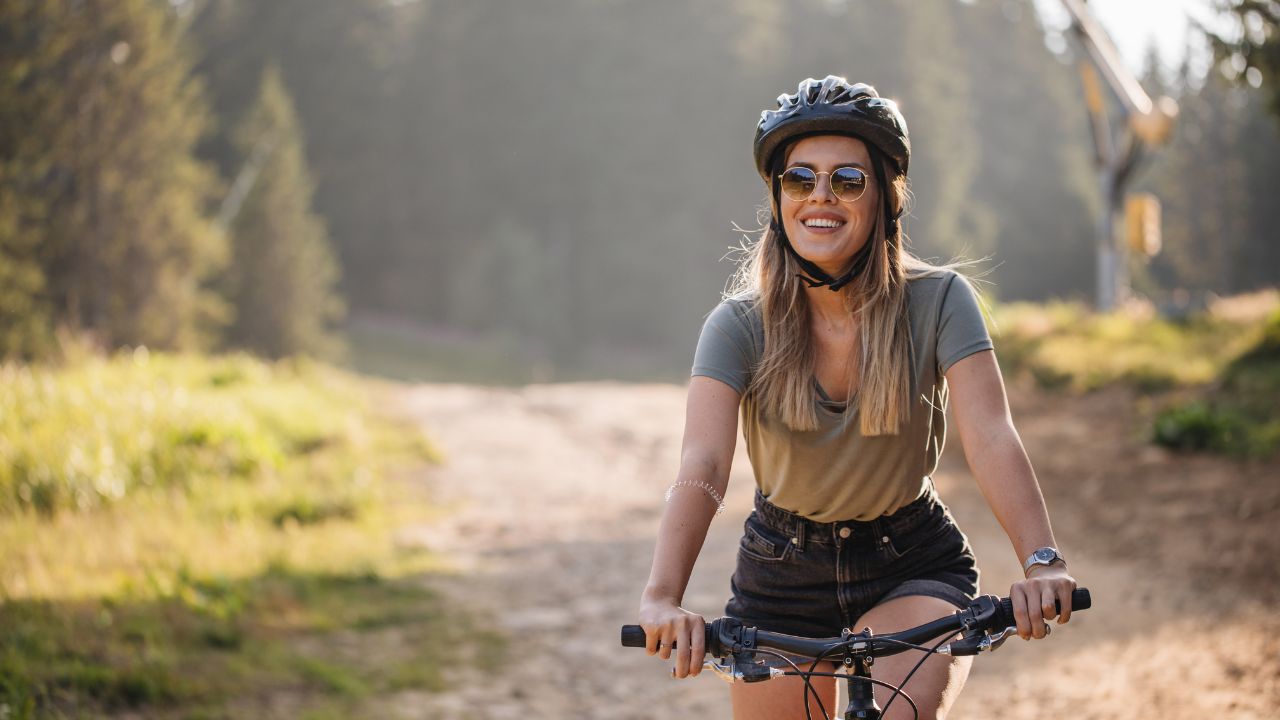
Sleep is where your body resets. Without good sleep, your energy, mood, judgment and recovery all suffer.
Luckily, exercise is one of the most effective ways to improve sleep quality.
A review of 81 clinical trials with over 6,000 adults found exercise significantly improved sleep quality.
People fell asleep faster, slept longer and had more efficient sleep (PSQI score dropped by 1.8 points, and sleep efficiency rose by nearly 5 percent).
This means exercise helps with sleep in many ways: fast falling asleep, deeper sleep, fewer wake ups.
• Exercise raises body temperature then drops it later, helping you feel sleepy naturally .
• It reduces stress and anxiety, which often keep you awake .
• It clears out sleep-blocking chemicals like cortisol
• It balances your circadian rhythm, especially when done in light or outdoors
Aerobic workouts
Walking, running, cycling, especially outdoors.
Studies show 3 to 5 sessions per week improves sleep metrics .
Strength training
Lifting weights isn’t just for muscles.
It also improves sleep most strongly, especially in older or insomniac adults .
Mind‑body exercise
Activities like yoga or tai chi reduce stress and ease you into deeper rest .
Timing matters
Exercise earlier is best. Daytime or morning workouts stabilise your sleep.
Even light movement in the evening, like walking, can help. Avoid high intensity just before bed .

• Better sleep and less waking at night
• More focus and deeper thoughts
• Less anxiety, lower mood dips
• Less neck, eye and shoulder tension
• A calmer mind, clearer head
Any small good habits lead to big benefits. You won’t need to give up all to feel them.
• Aim for at least 3 sessions per week: mix of aerobic, strength and/or yoga
• Do each session at least 30 minutes
• Stay consistent, effects grow over time
• Keep a 90‐minute buffer before bedtime
Regular activity sets deeper rhythms in your system, making sleep easier and more restorative.
• Falling asleep quicker
• Less waking during the night
• Sleeping longer overall
• Feeling more refreshed in the morning
• Better mood and head feel
• Faster physical and mental recovery from workouts and stress
• Move within an hour or two after waking
• Add a walk after lunch or dinner if evenings feel foggy
• Strength train or do yoga 2 to 3 times a week
• Take a short walk before bed instead of scrolling
• Try an outdoor break to combine light exposure and movement
Try one or more of them. Sleep responds fast. Then build on it week by week. Perhaps involving someone else it's a great way to be engaged while committed at the same time.


